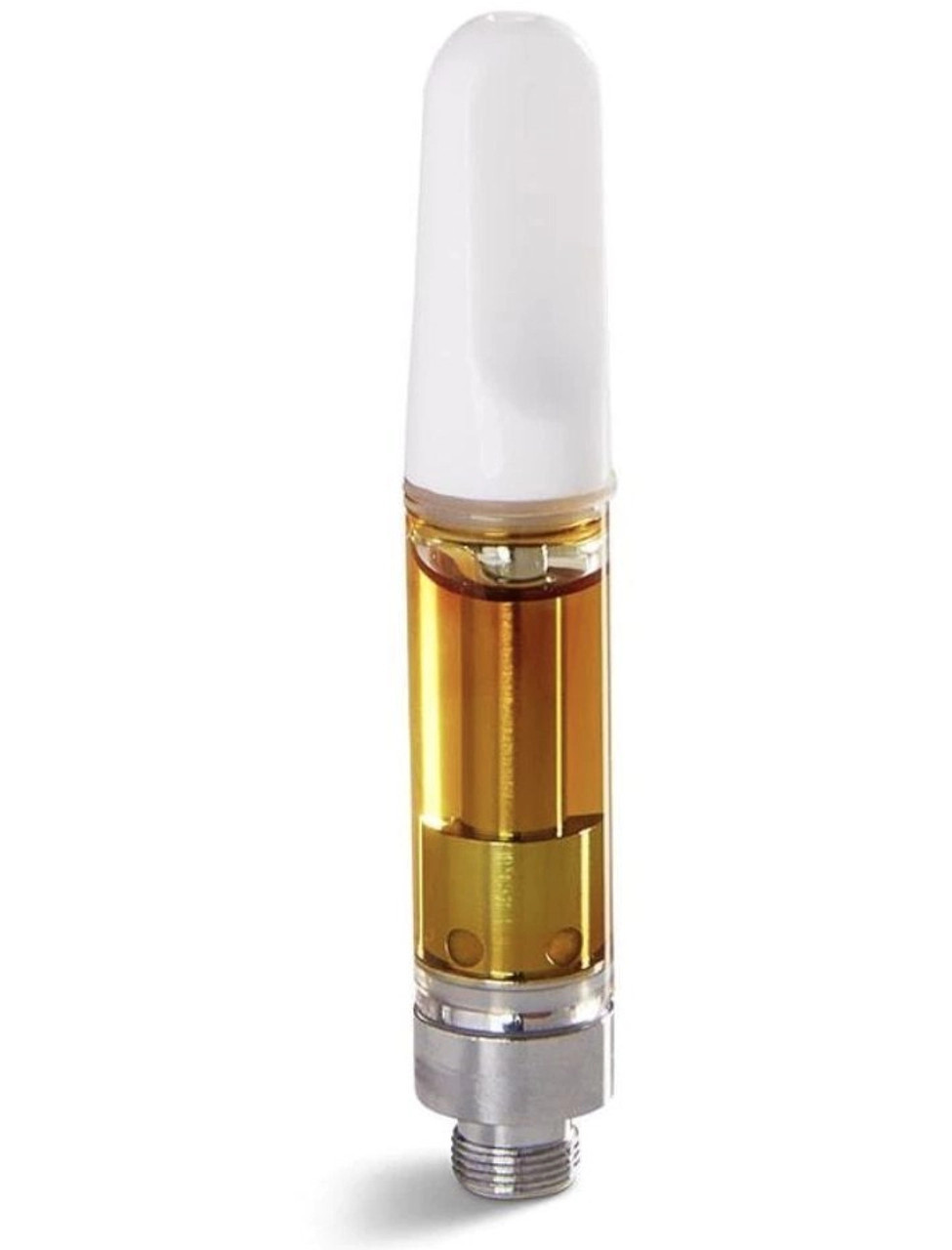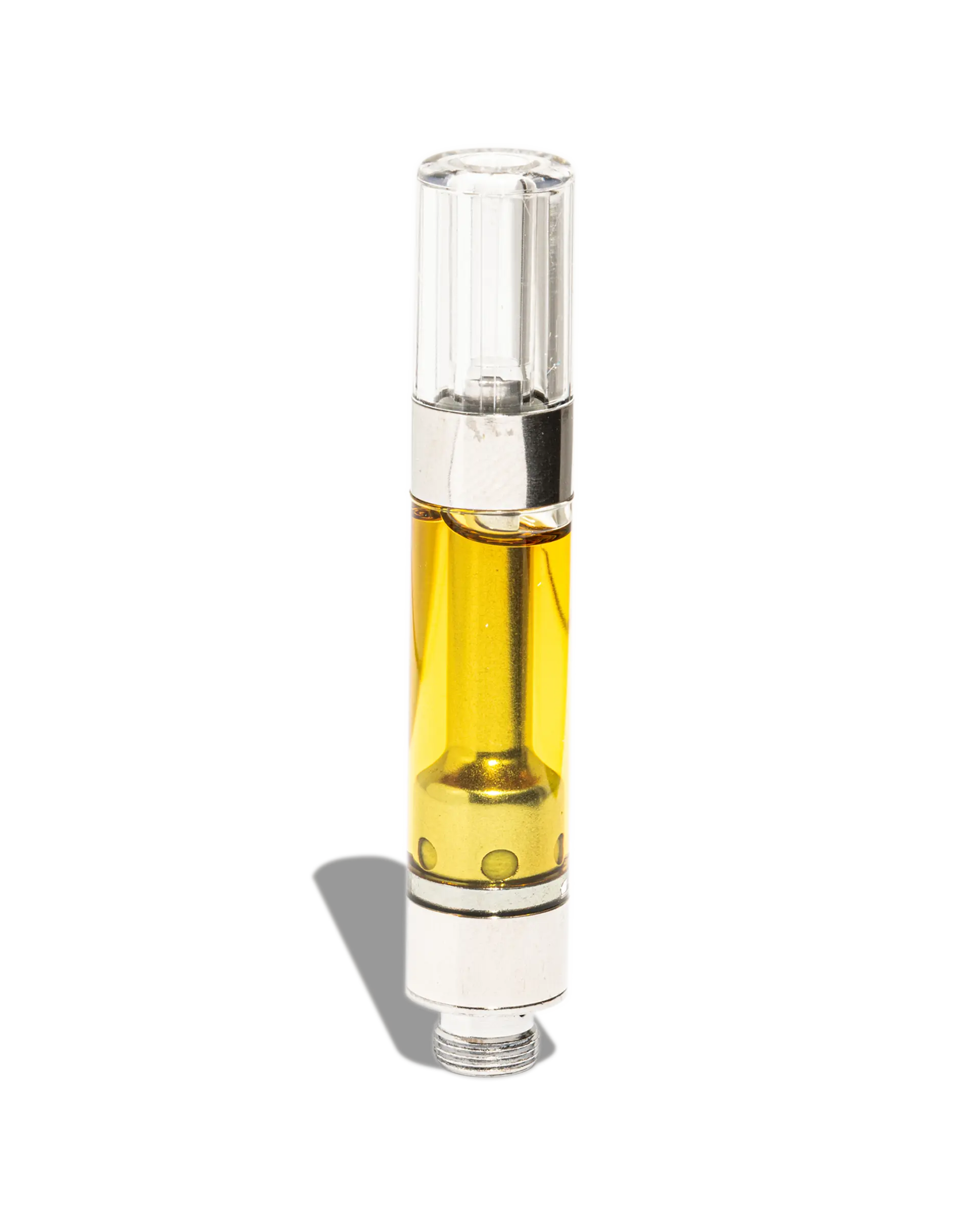Top Benefits of Deciding On Big Chief Carts for Your Vaping Demands
Top Benefits of Deciding On Big Chief Carts for Your Vaping Demands
Blog Article
The Environmental Influence of Non Reusable Carts: What Cannabis Users Required to Know
The surge in marijuana intake has coincided with a worrying boost in the usage of disposable vape cartridges, a pattern that presents significant ecological obstacles. As recognition grows pertaining to the environmental effects of these choices, marijuana customers should examine their consumption routines and take into consideration the broader consequences of their choices.
Understanding Disposable Vape Carts
Recognizing the auto mechanics of non reusable vape carts is vital for reviewing their ecological effect. These tools typically include a pre-filled cartridge including marijuana oil, a battery, and a home heating component. The cartridge is frequently made from materials such as plastic, metal, and glass, while the battery is predominantly constructed from lithium-ion. This combination enables customers to breathe in evaporated marijuana without the need for burning, which is often perceived as a cleaner alternative to traditional smoking.
However, the ease of non reusable vape carts includes substantial considerations. Once depleted, these cartridges are often disposed of, adding to waste streams. The products used in their building pose difficulties for reusing and biodegradation, as many parts do not conveniently break down in all-natural settings. Furthermore, the lithium-ion batteries can be unsafe if not dealt with appropriately, as they may leakage poisonous materials into the environment.
Ecological Consequences of Plastic
Plastic air pollution has emerged as among the most important environmental challenges of our time. The production and disposal of plastic items, including disposable marijuana carts, add dramatically to this dilemma. About 300 million heaps of plastic are produced yearly, with a significant section finding its way right into landfills and all-natural environments.

Beyond wildlife, plastics also add to dirt and water contamination, as poisonous ingredients and chemicals leach right into the atmosphere. The energy-intensive processes involved in plastic manufacturing aggravate environment change by launching greenhouse gases.
As marijuana individuals increasingly transform to disposable carts for ease, it is essential to identify their plastic elements and the broader ramifications of their use. Dealing with plastic pollution calls for cumulative action and a change towards even more sustainable practices, stressing the requirement for alternatives and correct disposal techniques.

The Lifecycle of Non Reusable Carts
Lots of customers may not recognize the complicated lifecycle of non reusable marijuana carts, which includes different phases from production to disposal. The lifecycle starts with the extraction of raw products, primarily plastics and metals, which are refined and built right into the elements of the cart. This production procedure typically entails significant energy intake and emissions, adding to the general carbon impact.
As soon as produced, these disposable carts are filled with hop over to these guys cannabis oil, typically packaged in secondary materials for retail circulation. Using these items usually leads to a single-use situation, leading to a rapid increase in waste. After a consumer has finished using a non reusable cart, it is frequently thrown out poorly, aggravating ecological concerns.
Additionally, the failure of plastics in garbage dumps can release dangerous compounds right into the soil and water. Comprehending this lifecycle is important for cannabis customers, as it underscores the ecological ramifications of their consumption choices and urges a lot weblink more educated decisions pertaining to item use.
Lasting Alternatives for Users
As ecological issues surrounding non reusable marijuana carts continue to climb, users are significantly seeking lasting alternatives that lessen environmental impact. Big Chief carts. One sensible choice is making use of refillable vape pens, which allow consumers to purchase e-liquid or oil wholesale and re-fill their devices several times. This considerably reduces the quantity of plastic waste generated, as customers can keep the very same tool for an extended period
An additional sustainable alternative is the usage of compostable or naturally degradable cartridges made from eco-friendly materials. These items are developed to break down a lot more normally than standard plastics, therefore decreasing their unsafe effects on the atmosphere. In addition, some firms are currently offering glass cartridges, which can be reused or recycled, better lowering waste.
Moreover, choosing local and natural marijuana items can add to sustainability by supporting environmentally responsible farming techniques. Users can additionally advocate for brands that prioritize sustainability in their production processes. By making thoughtful options regarding their intake, marijuana users can play an essential role in promoting eco-friendly methods within the market, eventually resulting in a much more lasting future for marijuana intake.
Taking Activity for Change
A significant shift in the direction of lasting methods within the marijuana market calls for positive engagement from manufacturers, consumers, and policymakers alike. Customers play an important function by promoting for environmentally friendly products and sustaining brands that prioritize sustainability. By picking recyclable or refillable options over non reusable carts, customers can signify to manufacturers that there is a need for ecologically liable alternatives.
Manufacturers have to additionally take the campaign by investing in r & d of sustainable product packaging remedies. Technologies such as closed-loop systems and naturally degradable materials can significantly lower waste. Openness in sourcing and production procedures is necessary, enabling consumers to make informed options concerning their purchases.
Policymakers can promote this adjustment by executing guidelines that encourage sustainable techniques within the market (Big Chief carts). Motivations for firms adopting green innovations and more stringent regulations on single-use plastics can drive substantial enhancements
Collaborative efforts amongst these stakeholders will be vital in addressing the ecological challenges presented by non reusable carts. By fostering a society of sustainability within the marijuana neighborhood, it is possible to lessen ecological impacts while promoting liable intake. Ultimately, collective action can bring about a much more sustainable future for the cannabis industry and the earth.
Verdict
The ecological effect of non reusable vape cartridges demands immediate interest from marijuana customers. By focusing on eco friendly choices, consumers can play an important function in reducing waste and promoting a more lasting cannabis society.
The manufacturing and disposal of plastic products, including non reusable cannabis carts, contribute substantially to this situation.Lots of consumers may not understand the facility lifecycle of non reusable marijuana carts, which incorporates numerous stages from production to helpful resources disposal.As soon as created, these non reusable carts are loaded with cannabis oil, frequently packaged in additional materials for retail distribution.As ecological problems bordering non reusable cannabis carts proceed to climb, customers are progressively seeking lasting options that minimize eco-friendly impact. By making thoughtful options concerning their consumption, marijuana users can play an essential duty in advertising ecologically friendly practices within the market, ultimately leading to a much more sustainable future for marijuana intake.
Report this page